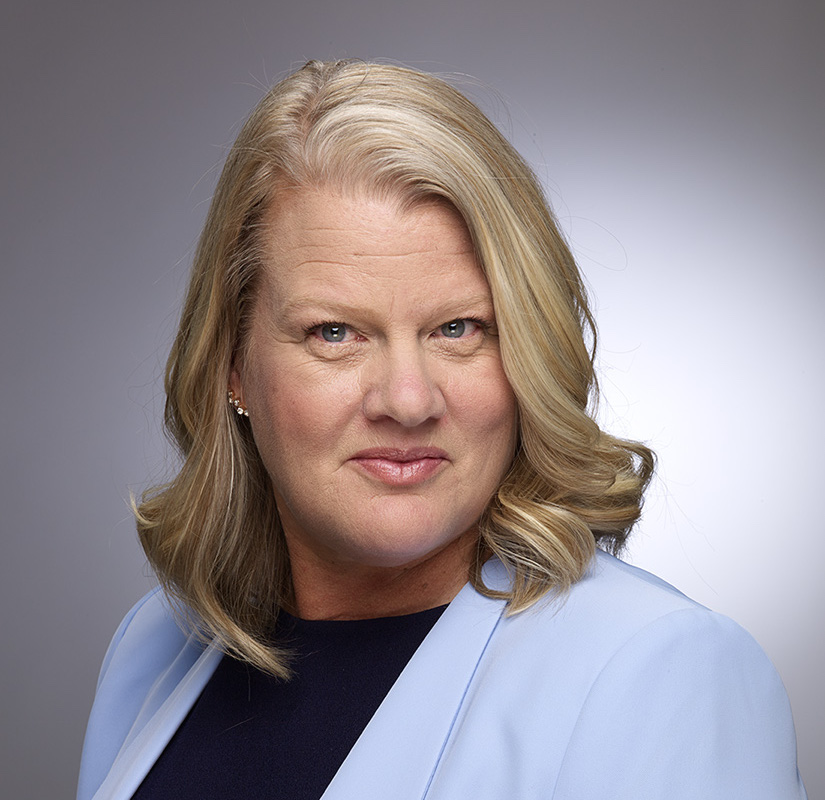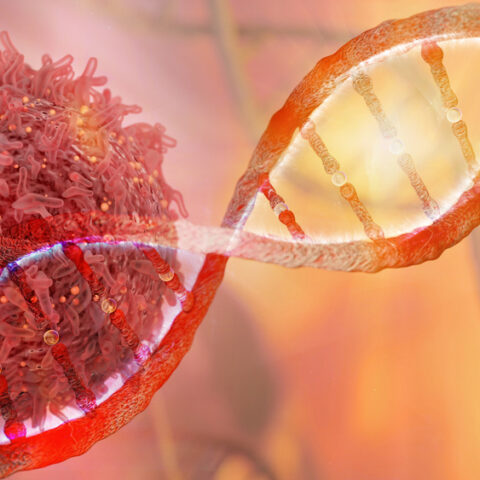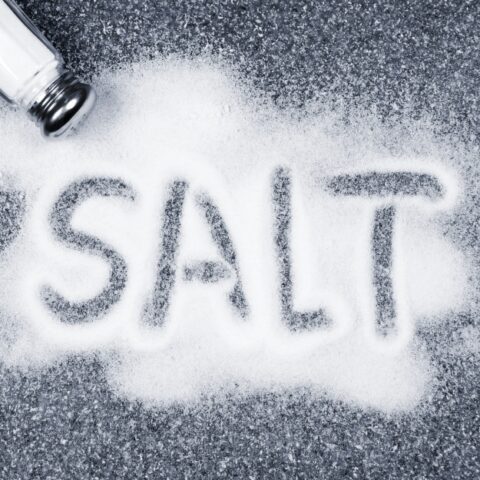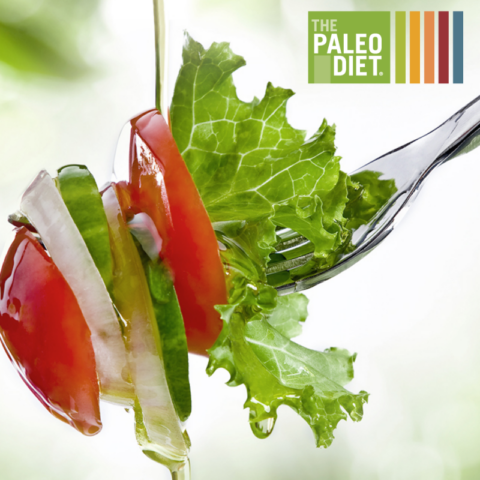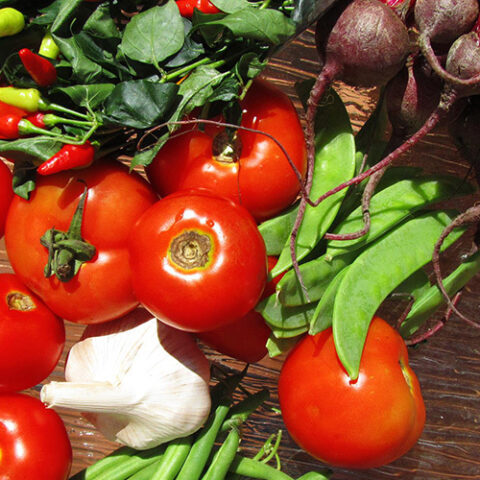Nutrition and Cancer, One Bite at a Time
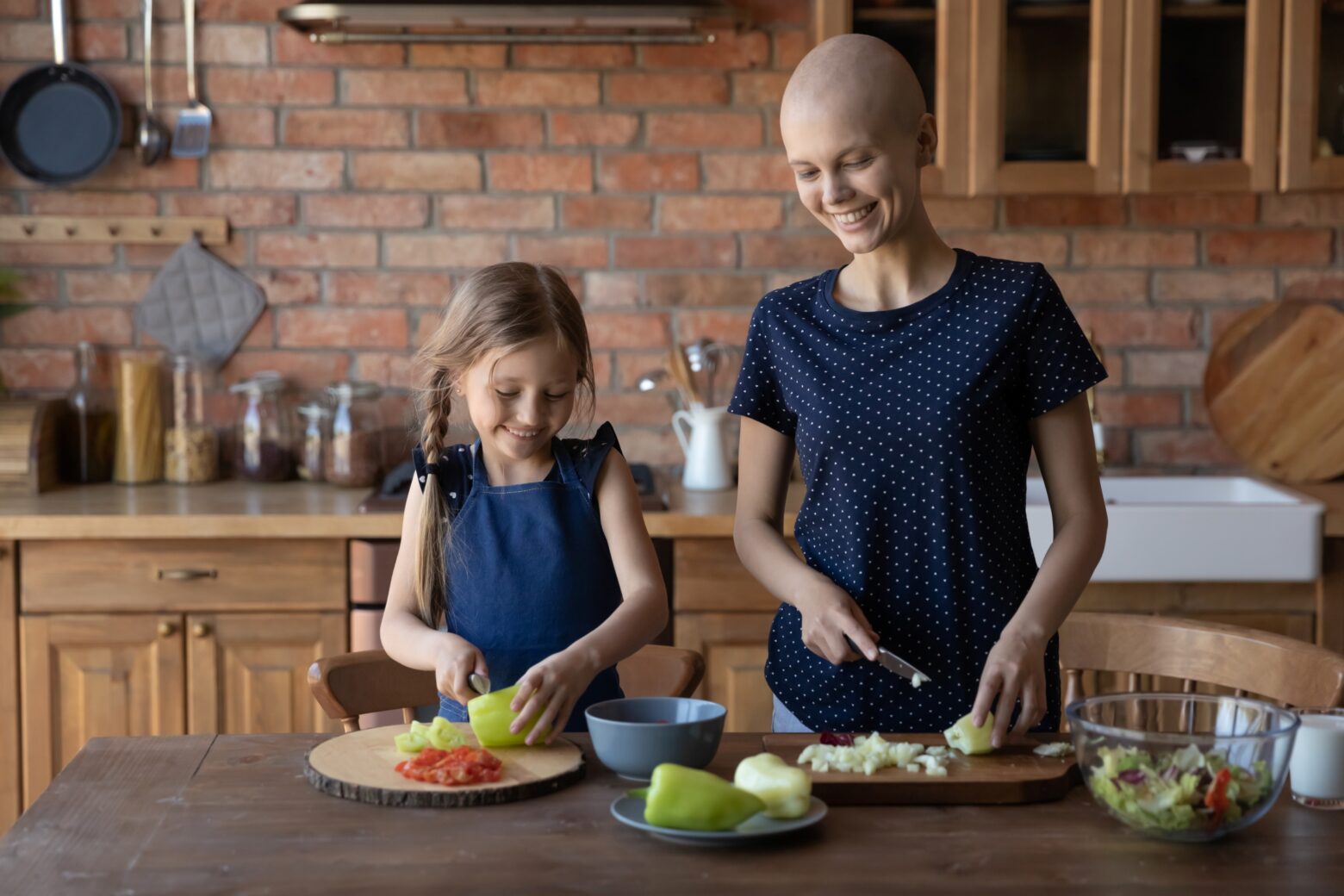
I’ve learned firsthand as a cancer survivor that life after cancer isn’t about going back to the way things were. It’s about building a new foundation that ignores temporary, quick-fix, and online miracle solutions. Most importantly, I learned not to do this alone. Advice from integrative doctors and my everyday choices persistently reshape my health and point to giving my body the best chance to heal and stay strong.
Two licensed naturopathic doctors were interviewed for this article: Amy Rothenberg, ND, is the author of You Finished Treatment, Now What?; and Lise Alschuler, ND, FABNO, eMBA, is the president of Sonoran University of Health Sciences in Tempe, Arizona. Both have treated cancer patients, are cancer survivors themselves, and emphasize the importance of conventional treatments and personalized integrative strategies.
This article gives an overview of the nutritional recommendations these two NDs offer their cancer patients, however, for comprehensive guidance on nutrition and cancer, please see below for books written by both1,2 and information on how to find a licensed naturopathic doctor training in oncology.
Despite what is online, nutrition and cancer guidance is not the same for everyone. Doctors trained in diet, nutrition, and oncology assess the best choices for treatments depending on the type of cancer, age, lifestyle, genetics, and family history. Dr. Rothenberg stresses that naturopathic medicine should complement, not replace, conventional care. She urges survivors to build a “medical dream team” that includes conventional oncologists, integrative practitioners, and supportive specialists, all working together.
The Importance of Gradual Nutritional Changes
Studies show that eating a high-quality diet after a cancer diagnosis, particularly with lots of vegetables and fruits, beneficial proteins, foods high in prebiotics and probiotics, and minimal sugars, is linked to a lower risk of dying from cancer or any other cause. It means every meal can be an act of resilience.3
Dr. Rothenberg finds from her experience that some cancer survivors have always eaten healthy, some not, though most fall in the middle. To varying degrees, all tell her that they know what they should eat, but have trouble always making healthy choices for the very same reasons we all do—schedules, stress, finances, food accessibility, and our history and relationship with food.
“I start my interviews to get to know the person and their diet and emphasize that the conversation is a no-judgement zone. I start by asking about guilty pleasures. Some say they eat half of a cheesecake, which is a lot of calories and sugar,” she says. “Others indulge in a bowl of fresh raspberries with cream. I have to laugh and say, I hope you enjoy that at least every week.”
If individuals avoided certain food groups before cancer, they may find they need to add in foods they wouldn’t normally eat because of shifts in food tolerances, appetite changes, and nutritional losses. Activity levels may also change because of fatigue and treatment side effects. Taking the advice of Dr. Rothenberg, this is a time to be kind to oneself and set judgments aside.
Changes toward healthier foods should be gradual, whether for individuals who eat a traditional inflammatory Western diet or those who follow a disciplined nutritional path. Radical shifts can be damaging.
“Any dramatic dietary change can disrupt normal metabolism and initiate acute inflammation,” says Dr. Alschuler. “This inflammatory response occurs in the context of inflammation already present due to cancer or its treatments, which can be damaging to the individual. I have seen significant and dramatic dietary changes provoke worse toxicity from conventional treatments and adversely affect people’s health.”
Personalized Nutrition for Cancer Survivorship
The takeaway is not about perfection. It’s about patterns. An anti-inflammatory diet—rich in plants, low in refined carbs and processed meats—has been shown to reduce overall mortality for survivors. When combined with exercise, these choices become a powerful shield.
“Of course, nutrition and diet play a critical role in health and cancer prevention, but it is not the only lever that we can pull. The impact of diet on quality of life is most obvious with most patients reporting significantly improved energy, sleep, quality, and reduced intensity of treatment side effects when they are eating a whole-food, plant-based, healthy diet,” says Dr. Alschuler.
“Most of the studies that demonstrate lower cancer risk from diet show cancer risk reduction of anywhere between 30 to 50%, with most hovering around the 30% mark. This is certainly significant, but it also indicates that there’s a lot left. This is where exercise, stress management, selected nutrient supplementation, and environmental factors in genetics all come into play,” she says.
“I’m often asked to give a keynote or talk on topics related to cancer and survivorship,” says Dr. Rothenberg. “Everybody always wants to hear about supplements. And the truth of it is there’s almost nothing that I would say everybody should take due to individual sensitivities, drug-nutrient interactions, and drug herb interactions,” she says.
Dr. Rothenberg is frequently asked about curcumin. “It’s natural to think that every cancer patient should take curcumin because it’s a powerful antioxidant and anti-inflammatory,” she says. “However, if someone is on Tamoxifen, which a lot of estrogen receptor-positive women are on for breast cancer, it interferes with the metabolism of Tamoxifen and renders the drug less effective.” The same advice may apply to other commonly prescribed nutrients, like vitamin D or any other isolated nutrient.
Below are general nutritional suggestions from Dr. Rothenberg’s book, You Finished Treatment, Now What?
- Eat whole, less-processed foods instead of relying on protein powder shakes and bars.
- Remove allergens: Pay attention to food sensitivities and allergens that may induce inflammation.
- Bump up the vegetable count: Dr. Rothenberg aims for 10 servings of vegetables per day, starting with breakfast.
- Stop or reduce alcohol intake: Limit intake to once in a while, not once a day.
- Nix traditional fast foods: Order a salad and, no matter how tempting, don’t order the fries.
- Eat probiotic and prebiotic foods every day: A robust microbiome is essential for physical, emotional, and cognitive health. (Paleo probiotic sources include salt-free kimchi or sauerkraut, or dairy-free yogurt. Whole food prebiotic sources include garlic, apples, asparagus, seaweed, and more.)
- Reduce sugar and carbohydrate intake: High glycemic load is linked to poorer cancer outcomes.
- Drink green tea and pomegranate juice: Both provide beneficial antioxidants and nutrients.
- Eat healthy oils, nuts, and flaxseeds: Healthy fats reduce cancer risk.
- Cook with ginger, turmeric, garlic, onions, cinnamon, and mushrooms regularly for their powerful nutritional benefits.
Nutrition and Cancer Survivorship Is a Long Game
Staying committed to healthier lifestyle habits works best when changes are small, sustainable, and personally meaningful. Survivors know that cancer treatment is overwhelming, but so is wondering if cancer will come back or staying on lifelong therapies.
Realistic, measurable goals such as adding more colorful vegetables to meals, walking daily, and celebrating small wins keeps commitment strong. Pairing these actions with regular medical guidance ensures choices align with treatment, recovery, and lifetime needs.
A supportive environment through family, friends, or survivor groups helps reinforce motivation and accountability. Technology can make a difference. Survivors who joined online or app-based nutrition programs improved their diets, lost weight, and reported a better quality of life.4 It reminds us that support doesn’t have to come in person—it can arrive through the phone, a video call, or even a recipe shared by a fellow survivor.
Advancements in treatment mean that more people will survive cancer. Dr. Rothenberg frequently refers to the head game of cancer survival. “Practices like gratitude journaling, mindful breathing, and even laughter are powerful biochemistry modulators that help calm inflammation and activate healing pathways,” she says.
“I want every survivor to know that there are approaches to try when side effects from treatment last well beyond the end of care.”
Editorial Note: FABNO, or Fellow by the American Board of Naturopathic Oncology, is a specialized board certification for naturopathic doctors (NDs) who have undergone advanced training, specifically in integrative cancer care. FABNOs are trained to coordinate with medical oncologists, surgeons, radiation specialists, and other integrative providers (e.g., palliative care) to ensure a safe, complementary, multidisciplinary approach. To find a FABNO doctor, please go to the Oncology Association of Naturopathic Physicians.
References
- Rothenberg, Amy, ND. You Finished Treatment, Now What? A Field Guide for Cancer Survivors, Koehler Books, 2022.
- Alschuler, Lise, ND, Gazella, Caroline, The Definitive Guide to Thriving After Cancer: A Five-Step Integrative Plan to Reduce the Risk of Recurrence and Build Lifelong Health, Alternative Medicine Guides, 2013.
- Ubago-Guisado E, Rodríguez-Barranco M, Ching-López A, et al. Evidence Update on the Relationship between Diet and the Most Common Cancers from the European Prospective Investigation into Cancer and Nutrition (EPIC) Study: A Systematic Review. Nutrients. 2021;13(10):3582. Published 2021 Oct 13. https://pmc.ncbi.nlm.nih.gov/articles/PMC8540388/
- Leske M, Koczwara B, Blunt J, et al. Co-designing Healthy Living after Cancer Online: an online nutrition, physical activity, and psychosocial intervention for post-treatment cancer survivors. J Cancer Surviv. 2024;18(2):606-616. https://pubmed.ncbi.nlm.nih.gov/36374435/
Kimberly Lord Stewart
Kimberly Lord Stewart is an author, journalist, and culinary expert. Her work highlights the importance of incorporating whole foods into daily diets and emphasizes the connection between food and overall well-being.
More About The Author